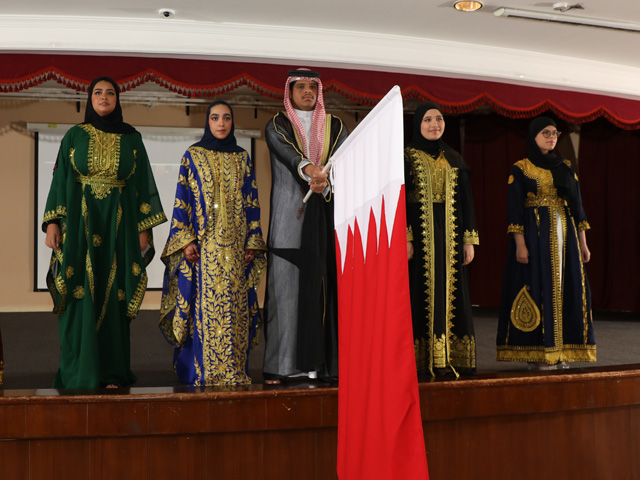CAS is organized around the three strands of creativity, activity and service defined as follows:
Exploring and extending ideas leading to an original or interpretive product or performance
Physical exertion contributing to a healthy lifestyle
Collaborative and reciprocal engagement with the community in response to an authentic need
As a shining beacon of IB values, CAS enables students to demonstrate attributes of the IB learner profile in real and practical ways, to grow as unique individuals and to recognize their role in relation to others. Students develop skills, attitudes and dispositions through a variety of individual and group experiences that provide students with opportunities to explore their interests and express their passions, personalities and perspectives. CAS complements a challenging academic program in a holistic way, providing opportunities for self-determination, collaboration, accomplishment and enjoyment.
CAS enables students to enhance their personal and interpersonal development. A meaningful CAS program is a journey of discovery of self and others. For many, CAS is profound and life-changing. Each individual student has a different starting point and different needs and goals. A CAS program is, therefore, individualized according to student interests, skills, values and background.
The school and students must give CAS as much importance as any other element of the Diploma Program and ensure sufficient time is allocated for engagement in the CAS program. The CAS stages offer a helpful and supportive framework and continuum of process for CAS students.
Successful completion of CAS is a requirement for the award of the IB Diploma. While not formally assessed, students reflect on their CAS experiences and provide evidence in their CAS portfolios of achieving the seven learning outcomes.
All CAS students are expected to maintain and complete a CAS portfolio as evidence of their engagement with CAS. The CAS portfolio is a collection of evidence that showcases CAS experiences and for student reflections; it is not formally assessed.
Completion of CAS is based on student achievement of the seven CAS learning outcomes. Through their CAS portfolio, students provide the school with evidence demonstrating achievement of each learning outcome.
Students engage in CAS experiences involving one or more of the three CAS strands. A CAS experience can be a single event or may be an extended series of events. Further, students undertake a CAS project of at least one month’s duration that challenges students to show initiative, demonstrate perseverance, and develop skills such as collaboration, problem-solving, and decision-making. The CAS project can address any single strand of CAS, or combine two or all three strands.
Students use the CAS stages (investigation, preparation, action, reflection and demonstration) as a framework for CAS experiences and the CAS project.
There are three formal documented interviews students must have with their CAS coordinator/adviser. The first interview is at the beginning of the CAS program, the second at the end of the first year, and the third interview is at the end of the CAS program.
CAS emphasizes reflection which is central to building a deep and rich experience in CAS. Reflection informs students’ learning and growth by allowing students to explore ideas, skills, strengths, limitations and areas for further development and consider how they may use prior learning in new contexts.

The IBO’s CAS element aims at achieving and developing the person outside the classrooms, furthermore it aims to provide a fun and active way to evolve the student and have them play a more active role in their environment and community.
The CAS program aims to develop students who
you're currently offline